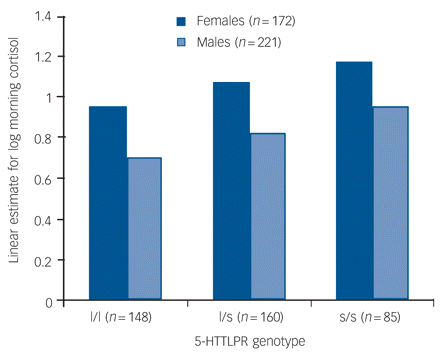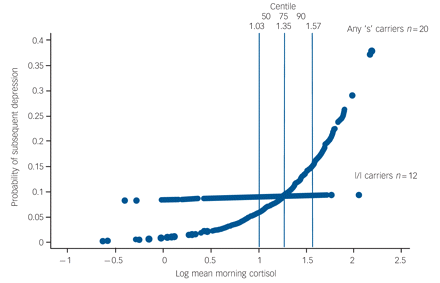In this morining’s herald:
The summary says district health boards, mostly struggling to employ sufficient permanent RMOs, are increasingly dependent on what they call “expensive professional locums”.
“Submitters noted that…a shortage of RMOs makes employers seeking locum cover reluctant to ask how many hours a potential locum has worked that day or week.
“Submitters reported unsafe practices where RMOs work in excess of 80 hours a week, locuming on top of regular hours.”
“Locums are generally regarded as being poorly supported and supervised with tenuous ties to any training they may nominally be involved in.”
The commission says some blamed the collective agreement between the DHBs and the Resident Doctors Association for the long locum hours because compliance meant RMOs were rostered to work no more than 55 hours a week on average.
This “creates shortfalls” of permanent RMOs, “which are then filled by locum agencies”, the commission was told by an unnamed submitter.
The Resident Doctors Association says the worst shortages of RMOs remain in Auckland.
The Waitemata District Health Board continues to suffer “extremely challenging” shortages in its general medical service, papers for a committee meeting this week say.
Vacancy rates have hit 42 per cent for house officers and 33 per cent for registrars.
Association secretary Deborah Powell said the main cause of the resident doctor shortage was that DHBs could not retain enough because they did not pay pay enough
This is not a new problem. We have had a RMO shortage fro at least the last 10 years. Various reasons.
- New Zealand and Australian universities use the same accreditation agency, and NZ boards are competing in an Australasian market for trainees.
- Some boards have not valued their junior doctors. The same boards tend not to value their senior doctors.
- And the maxiumum hour number has decreased. When I was a junior, we averaged 72 hours a week at maximum — some weeks we would work 100 hours. If you have your junior doctors doing this, they get tired, but they get twice as much experience a year. And in medicine, you need to see a lot of patients, under supervision of experts, to become expert.
The trouble is that there is no way around this. What junior doctors are now doing is locuming for the experience (and to pay of the 60 -110K debt they have accumulated), but they are not getting the supervision and experience they need after hours.
If we returned to the older awared — where you work a night on call a week and are with a team during the day — things would work better (I hated working night shift. When you become a senior medical officer, you are on call overnight and then work the next day). One needs to make sure that the call is not onerous — every 5th night and weekend is sustainable — and that junior doctors have support to attend training.
Not disappear into the last tribe of locums.

